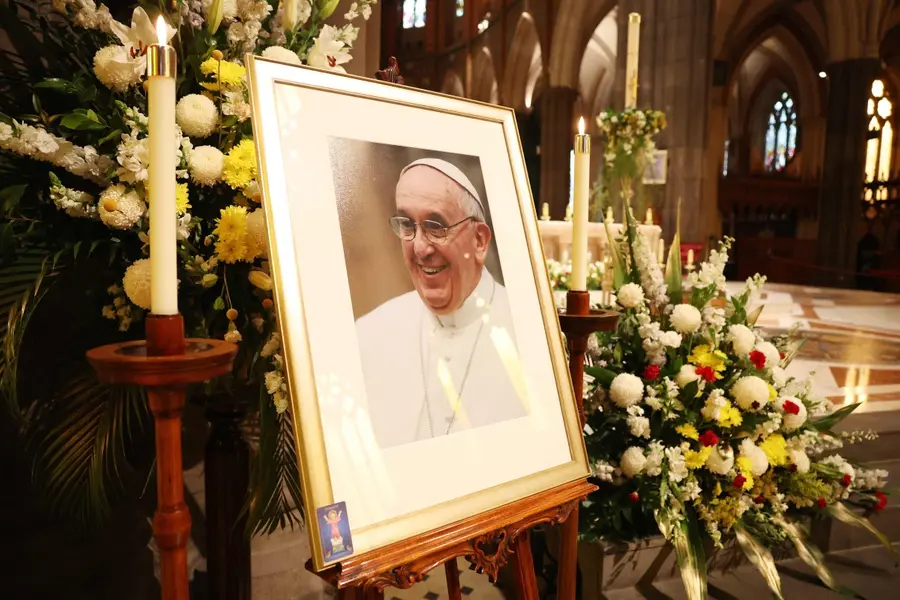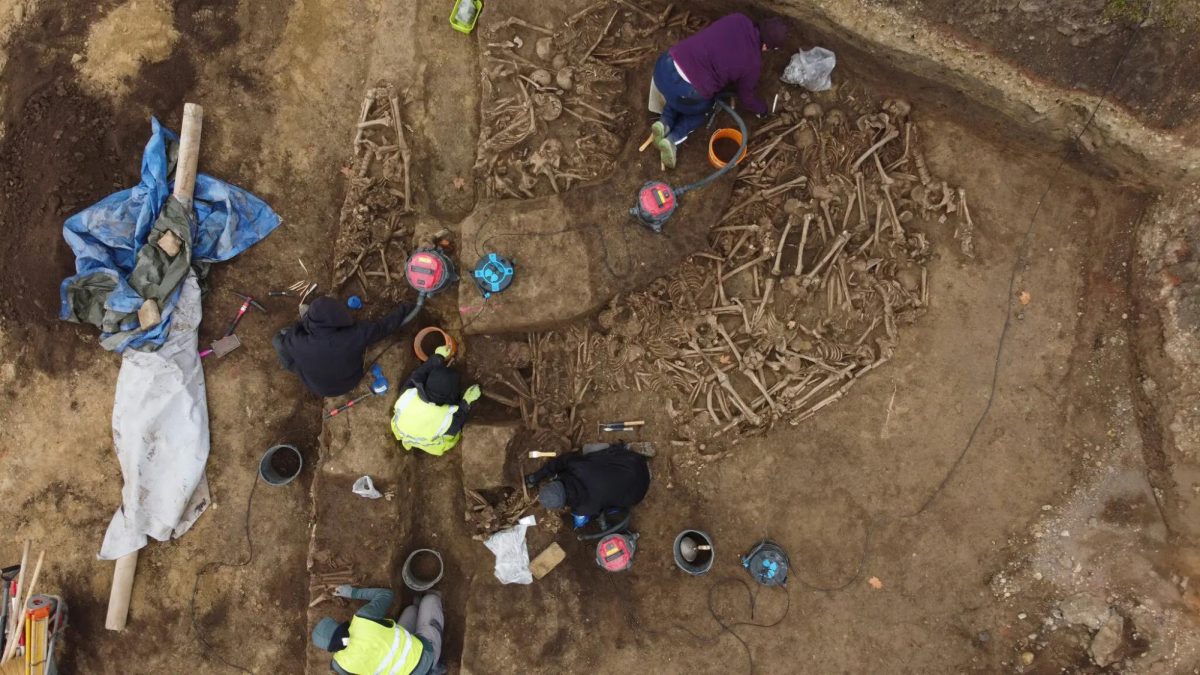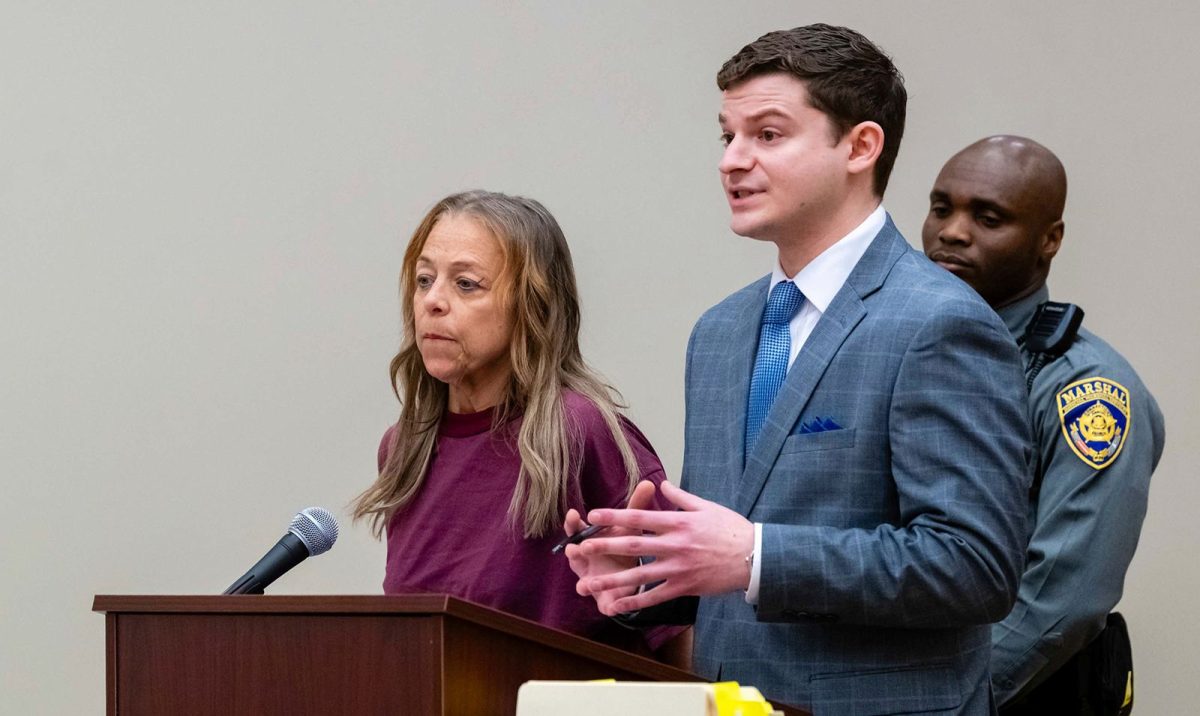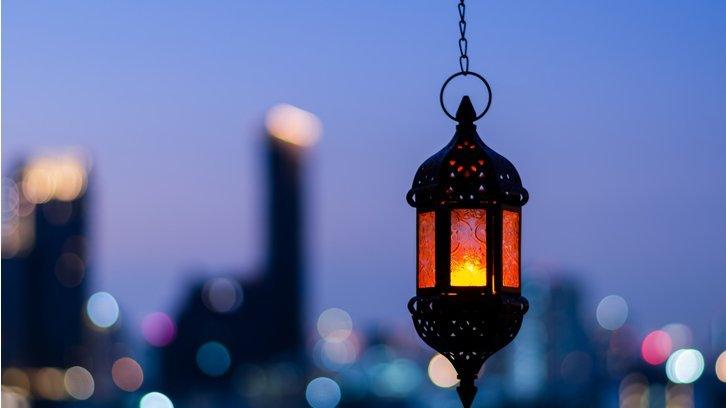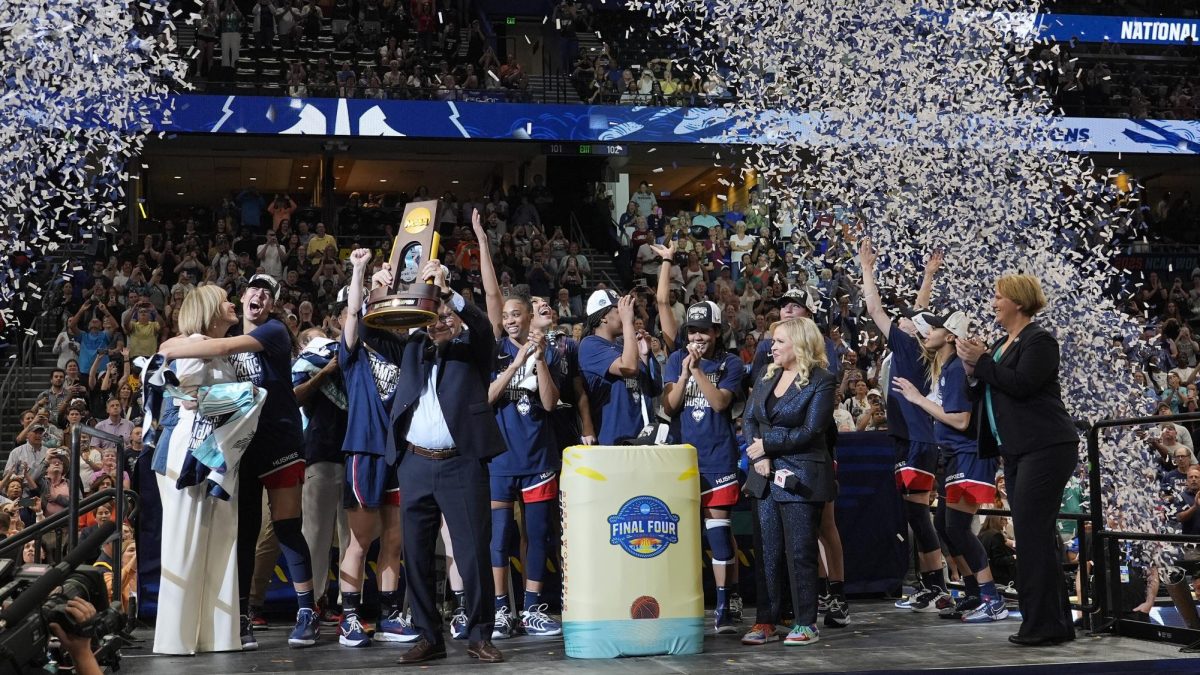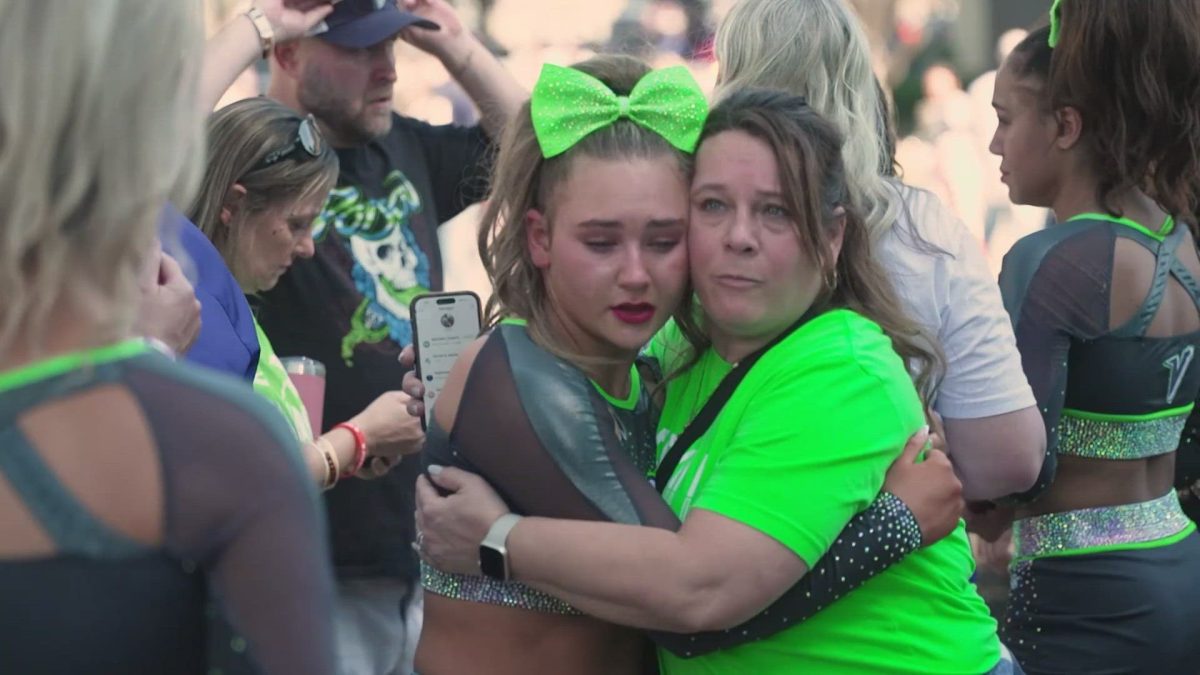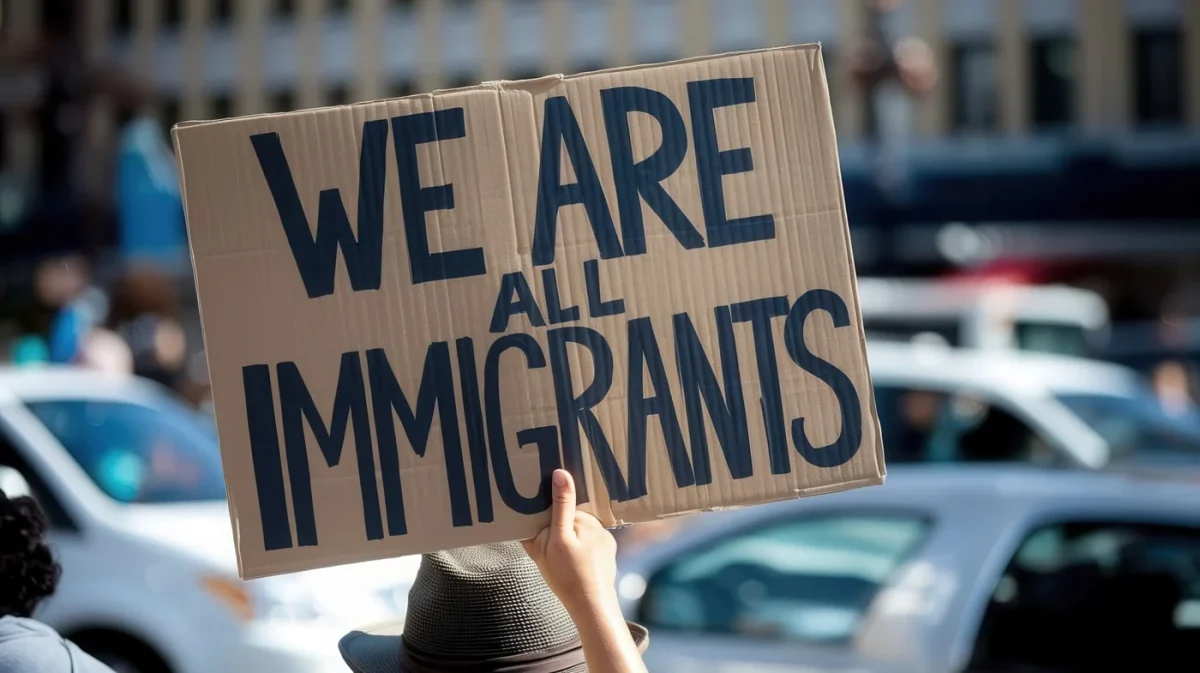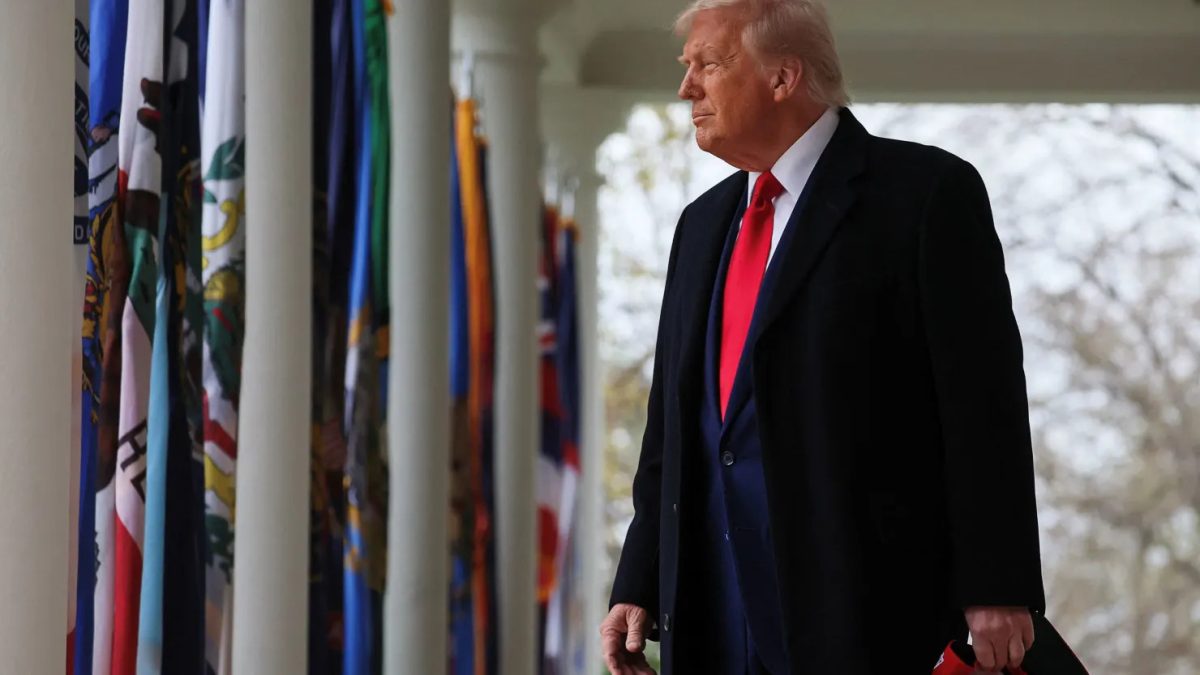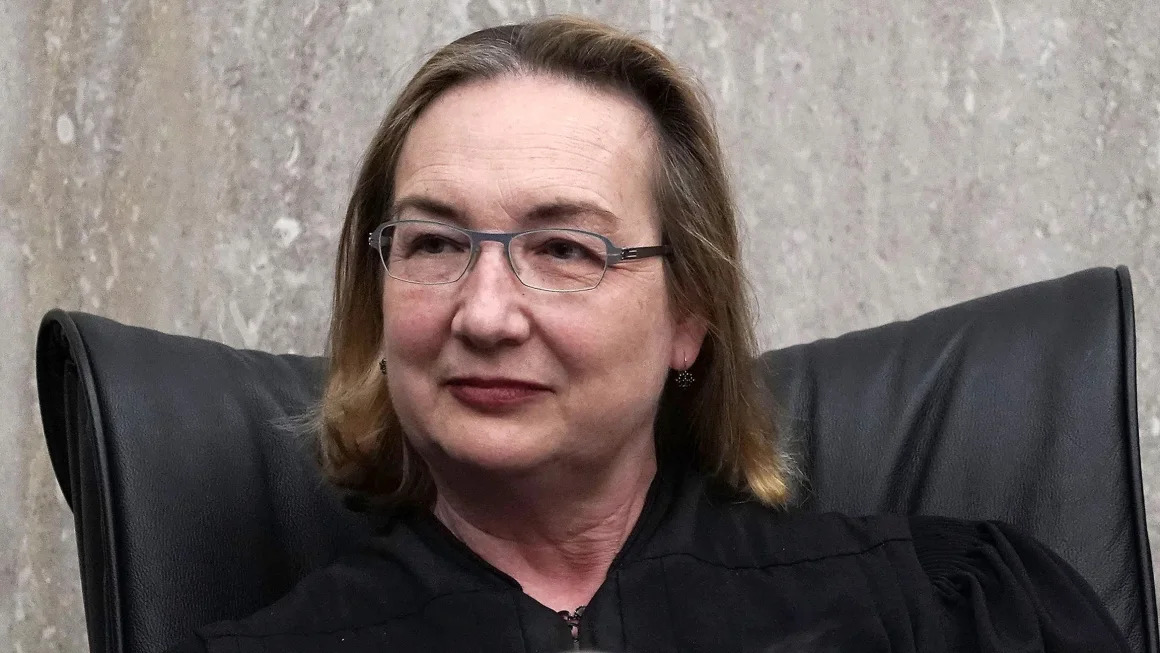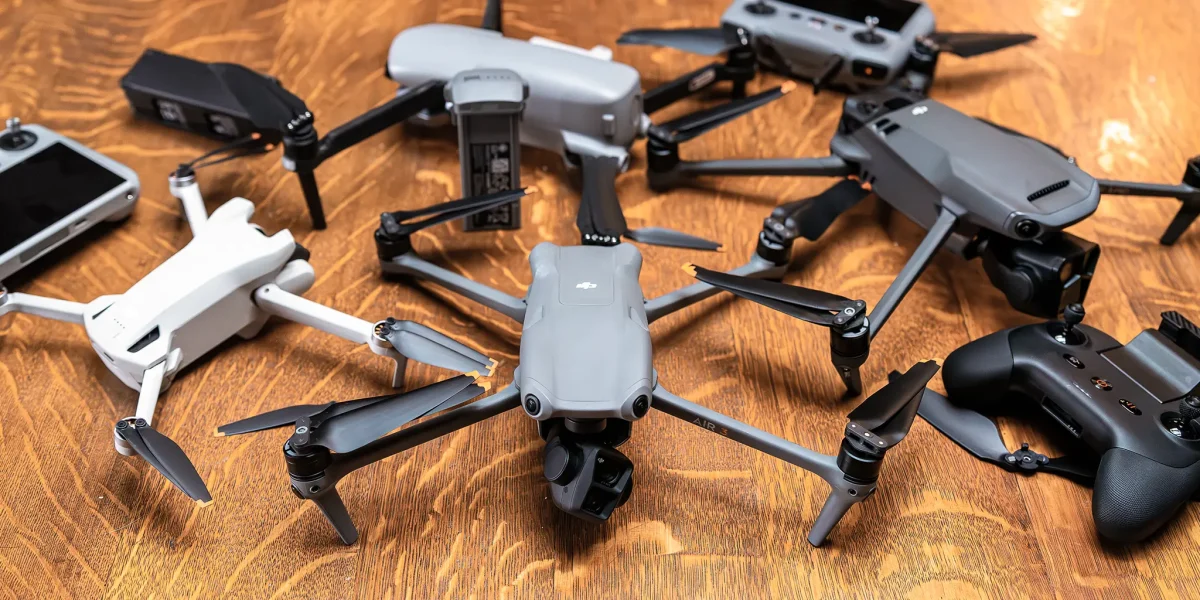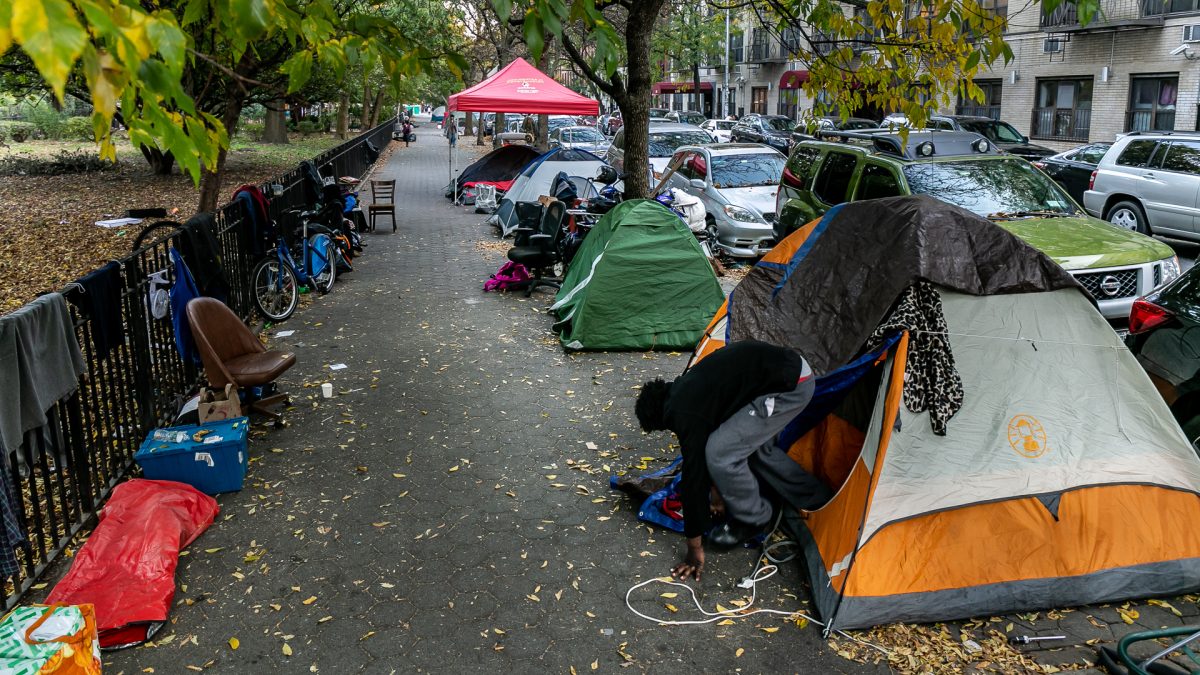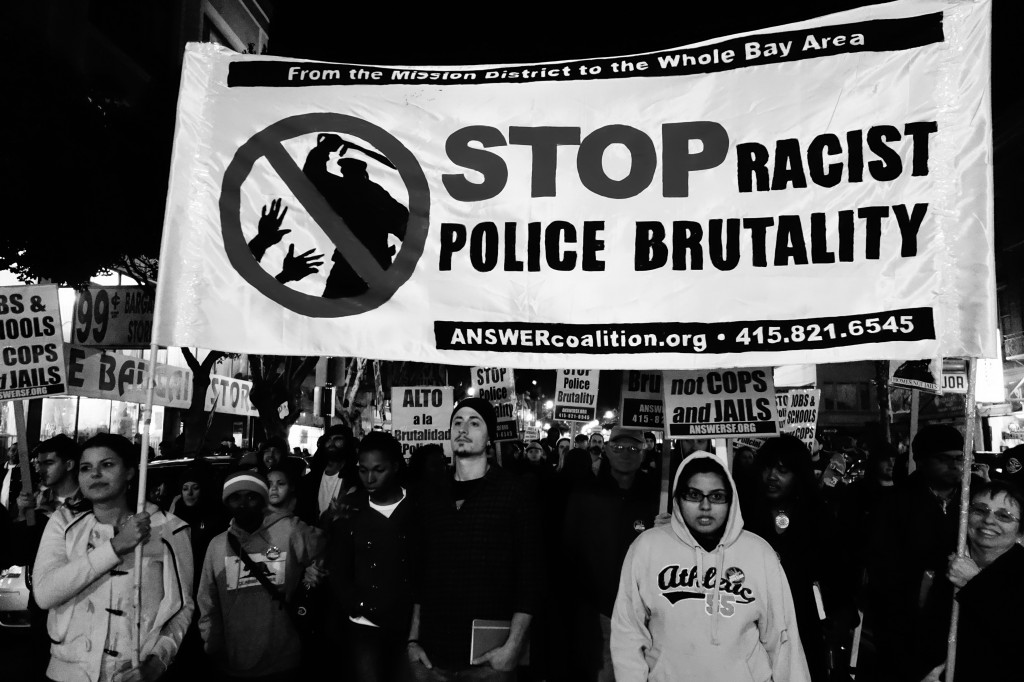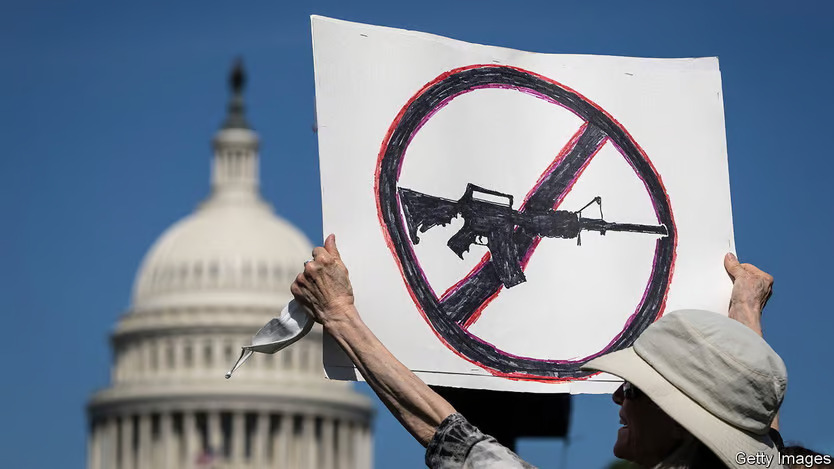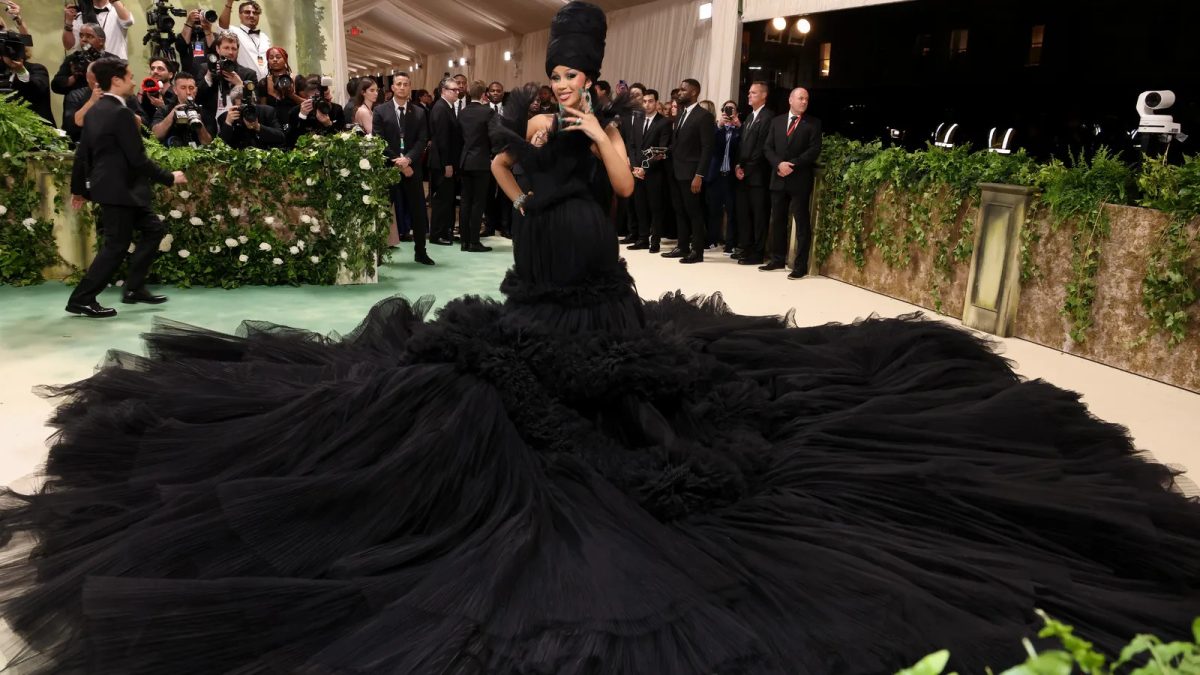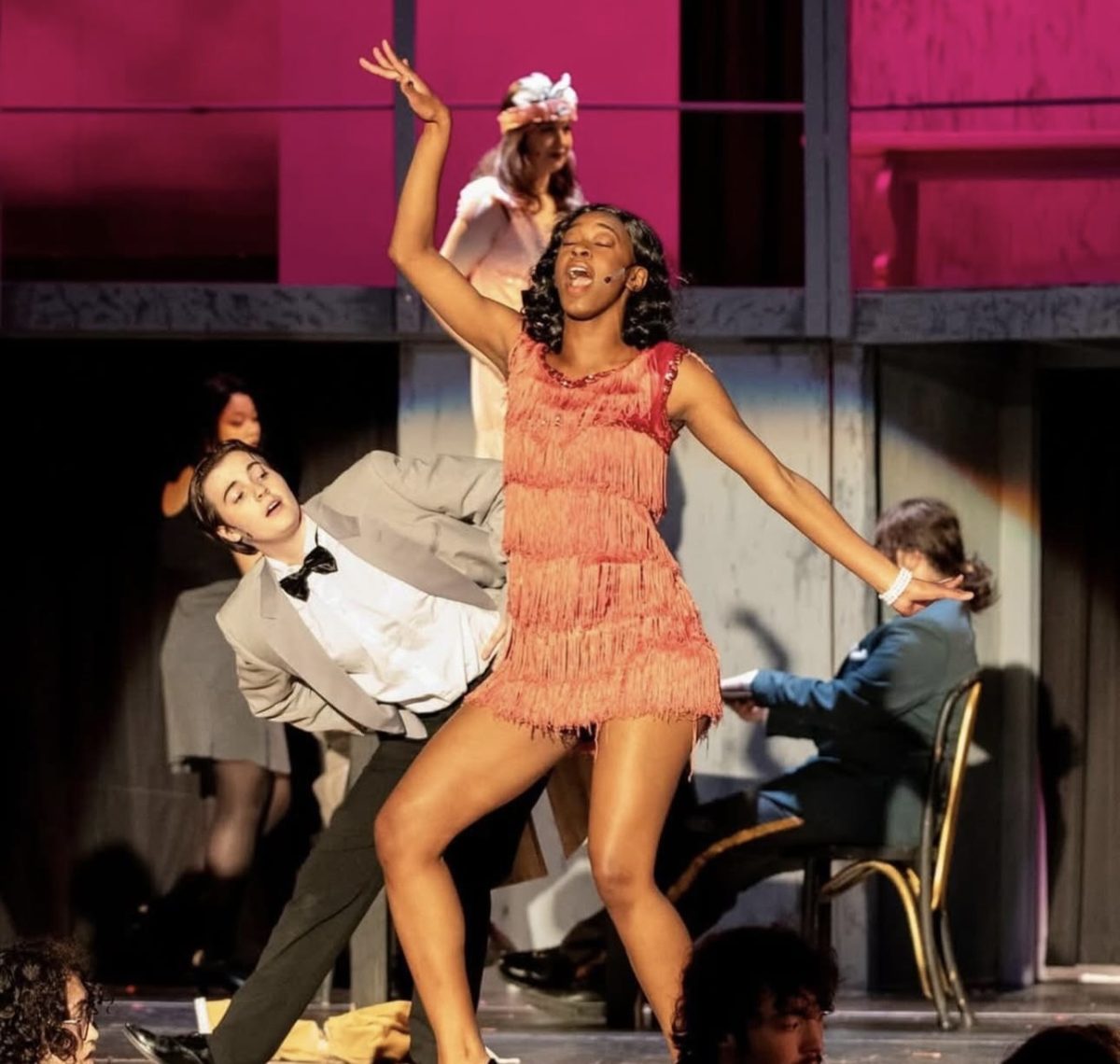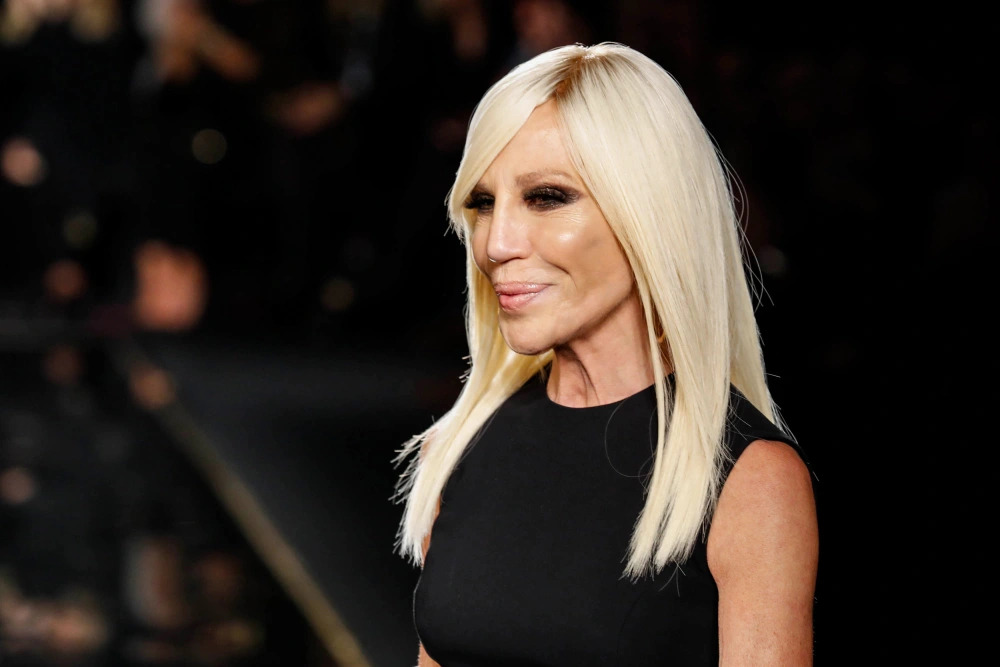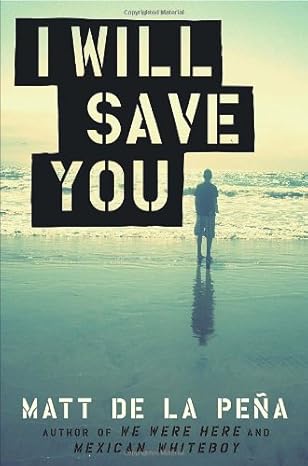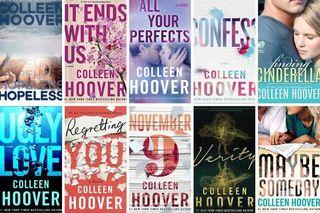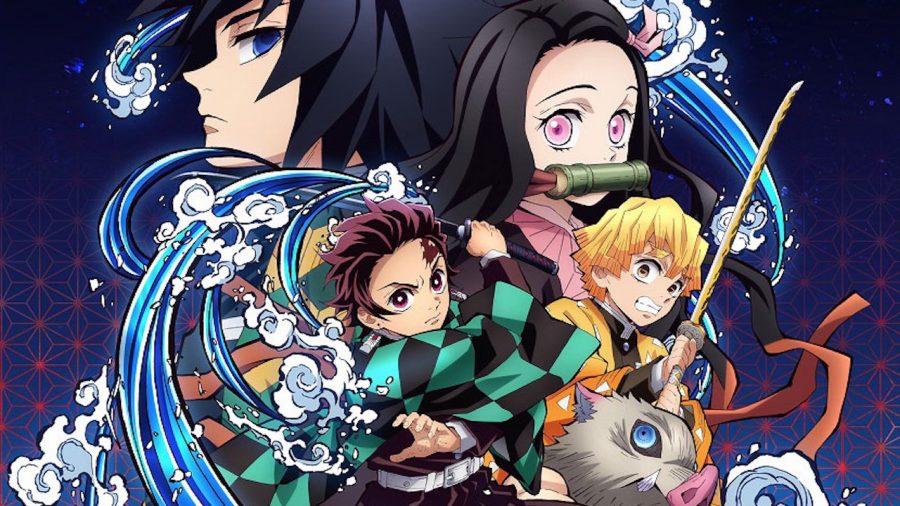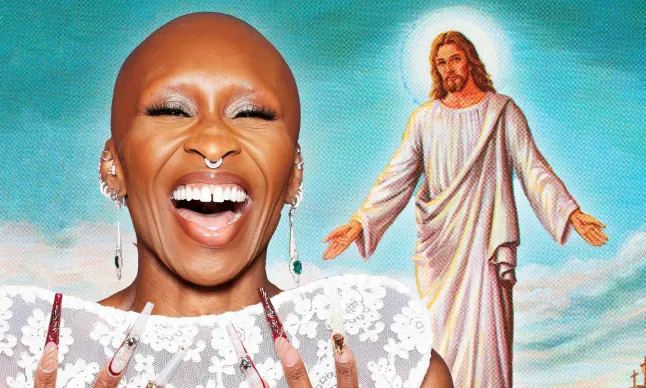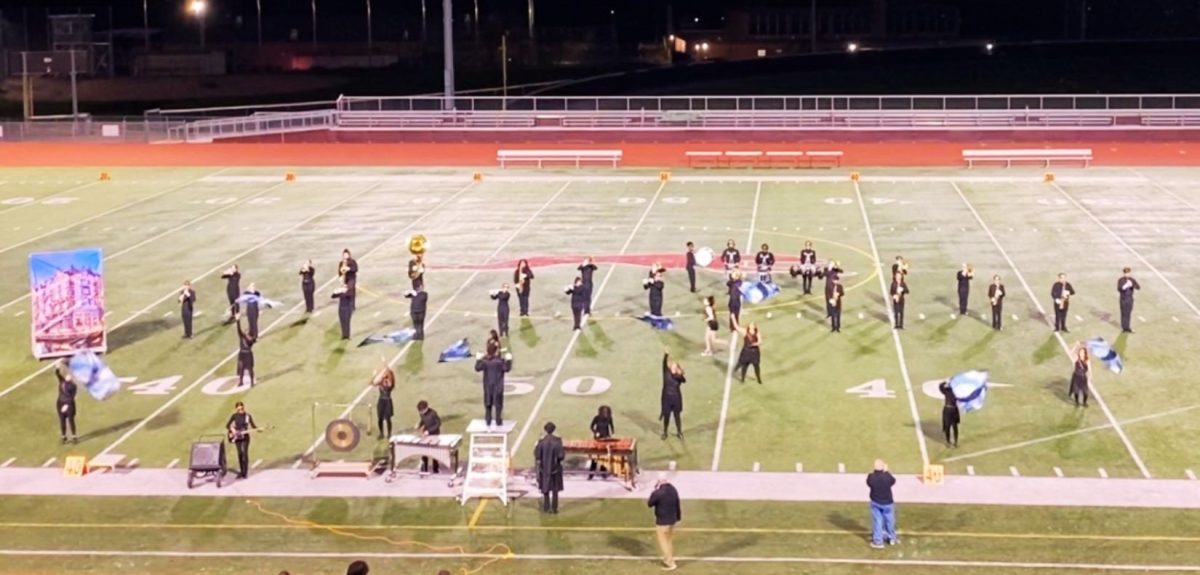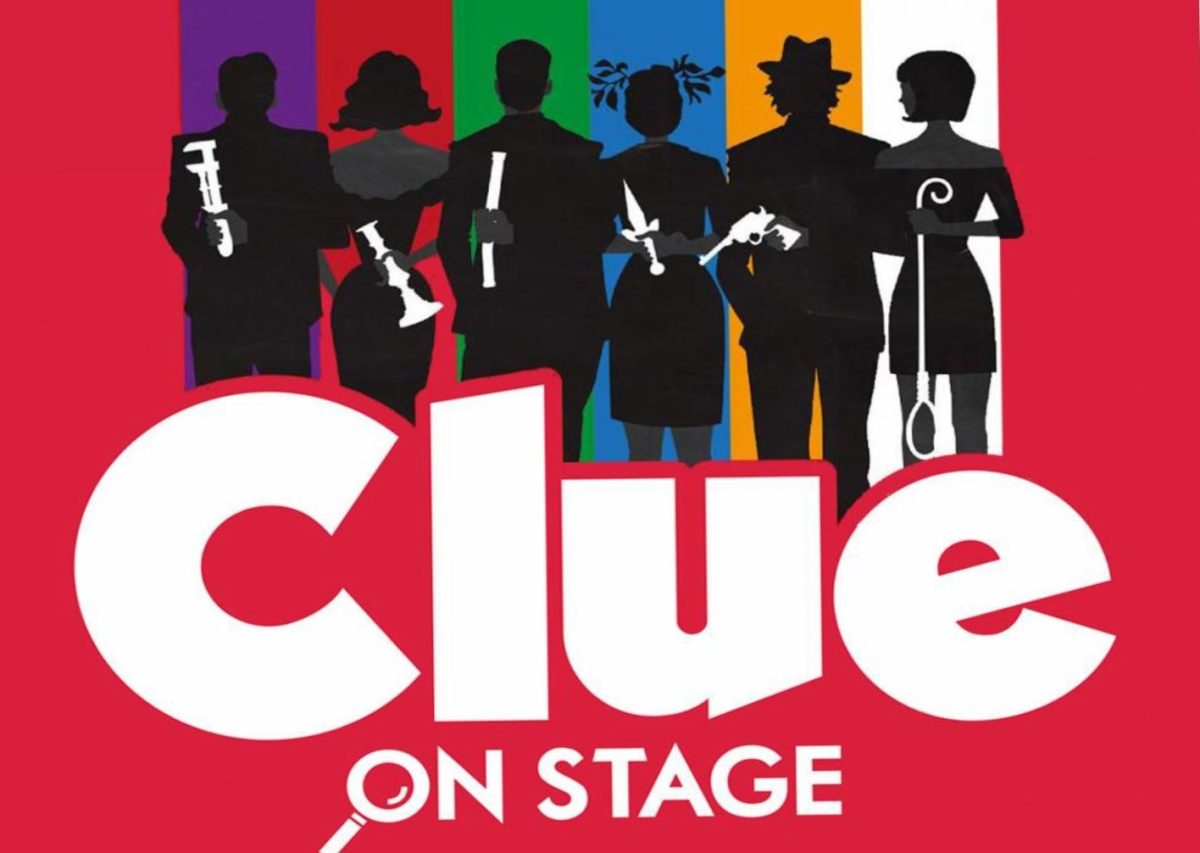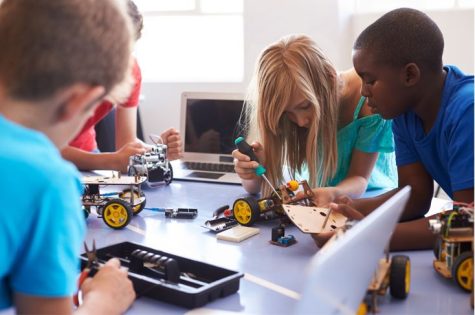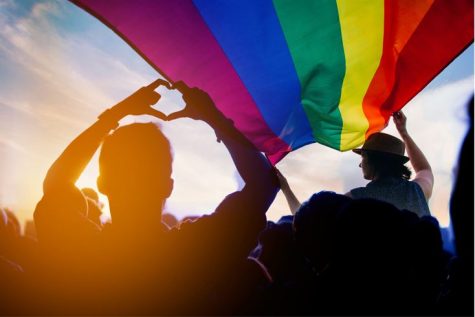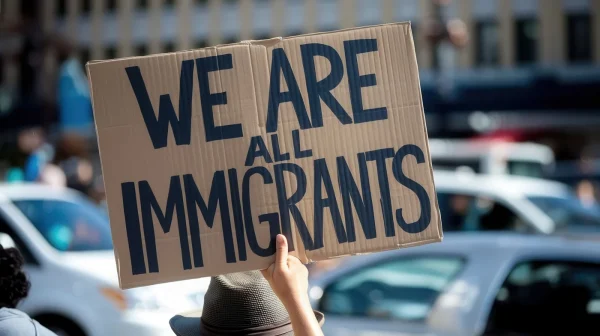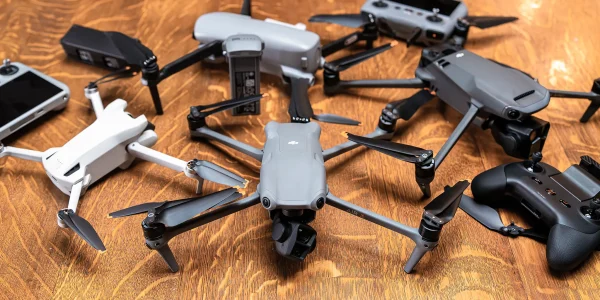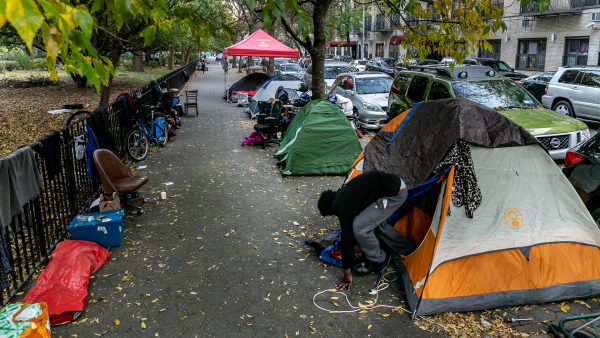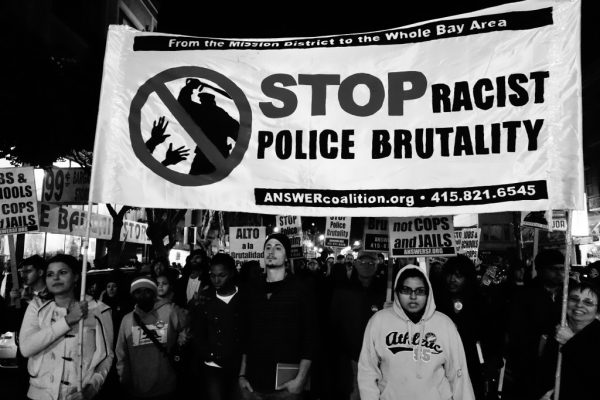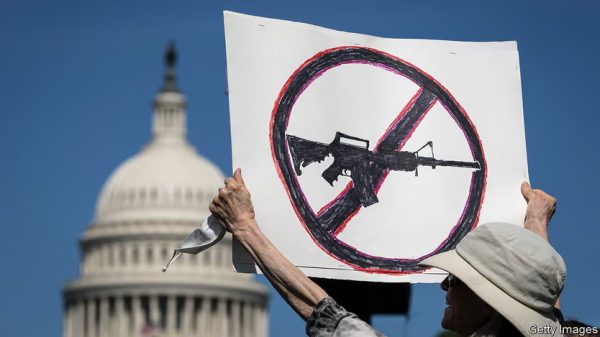How To Be Alone
You’ve heard it all your life: “Be alone, work on yourself.”
But what does this look like exactly?
The first step typically looks like hitting rock bottom. This is not a necessity of course, but this was my motivation for learning how to be alone. It’s human nature to not realize a problem has persisted or affected your life as deeply as it has until it is too late.
In this generation, a means of escapism exists in our back pocket at all hours. There is no immediate reason to address your internal dialogue when an entire world, much more boundless than the one you live in, allows you to learn and live vicariously through others. Spending hours on my phone in a daze of clothing hauls, New York City college students, and music analysts, I believed I was learning from spending the majority of my days on the internet.
However, in my physical reality, I was reaching a point of true insanity. But in less than a second, I allowed myself to escape this world which gave me control and hope for the possibilities of the future. What I didn’t take into account, was that making a list of books to read was different than actually reading a book, that watching a show about surgeons would never make me one, and all this information I was consuming was entering one ear and going out the other the moment the screen turned black.
The summer going into my junior year I got another mundane, minimum wage job that resulted in my phone breaking. That unlucky shift is what relayed the series of events that drove me to learn how to be alone. I was sick in my stomach, my thoughts, my heart every second of my waking days and the sickness followed me into nightmares every night. Something was wrong, I didn’t know where to start, but now I was forced to face change.
I soon realized that being truly alone was something I hadn’t experienced since I was a kid. It was simple then, tranquil but a faded memory, and I silently vowed to achieve that again. It wasn’t easy, it took effort and work that I hadn’t put into myself for as long as I can remember. The first two years of my high school life consisted of friendships, relationships, all objectively the same. Too close, too much, all too fast. When one inevitably ended in flames, another began, washing it all away with any voice that wasn’t my own. The idea of being alone was my personal hell, but I couldn’t stand to make the same mistakes, continue down my selfish self indulgence and hurt those I should’ve cared for the most, myself included.
I cried straight through the first few days. My mind was a moshpit of every regret, every mistake, every moment of my life that I had refused to address. All of these emotions, these memories that had been simmering in me, I finally allowed to boil. I journaled ten pages a day.
My journal from this phase of my journey to peace of mind was a hellfire of teenage angst. I wrote about everything: displaced anger, my two-year loop of self-destruction, and even the same word over and over until it spanned an entire page. I sketched and wrote song lyrics. My journal became my best friend. No other perspectives, no one else’s opinions. No one to defend me, no one to depend on but myself. I wrote and wrote and wrote until I developed a clear thought, a conclusion no one else could ever provide for me.
There is no right way to journal. At this time, if I had a thought, I’d write about it until it no longer had room to pervade my mind. A few weeks later, I stopped crying, my past began to feel like a distant whisper in my mind. I stopped asking others questions I already knew the answer to and I had reached my peace of mind.
The final test to myself was stepping back into the social scene. It was a party a few days before school started around people I hadn’t seen in months. Typically, in social scenes I’d fade into the background waiting to be spoken to, scared to make a misstep.
This time was different. The confidence I had gained from my time alone poured out of me in ways I didn’t think I could ever achieve. I spoke loudly and spoke freely and had never felt so accepted. The people I was so scared of not liking me —my own friends — felt closer more than ever before, solely because I was unapologetically myself.
Building that content in being alone built a feeling no one will ever take away from me. I know who I am and no one can tell me otherwise. I love myself and I no longer seek it from others. I could make every mistake imaginable and I know I’ll get through it because I can now say I have lived with just my thoughts and I have made peace with them.
I feel safe and tranquil, that feeling of peaceful childhood has returned. It takes many uncomfortable conversations and confrontations with yourself to simply process the absurdities of adolescence but learning to be alone is the most crucial skill to survive.

